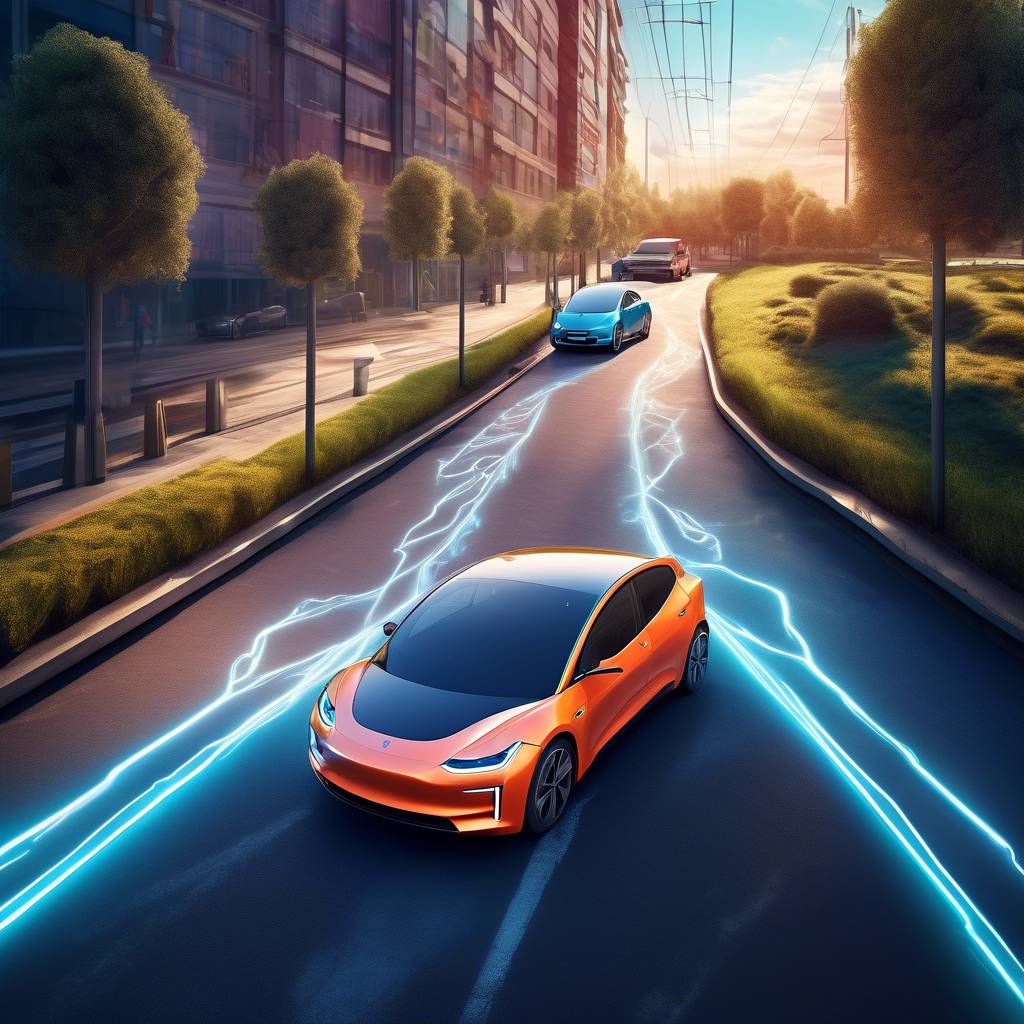In the ongoing debate between supporters of green energy and the fossil fuel industry, the transition to an all-electric vehicle future faces significant challenges. Despite the appeal of a world where most vehicles are powered by electricity, obstacles such as the continued reliance on fossil fuels to generate electricity, lack of infrastructure, and the high cost of electric vehicles make this vision seem like a distant dream. The shift to green energy will undoubtedly be a challenging and complex process.
Fossil fuels, including coal, natural gas, and oil, play a crucial role in electricity generation globally. Power plants burn these carbon fuels to create steam that drives turbines, producing electricity. More than 60% of the world relies on fossil fuels for electricity generation, with countries like South Africa, India, Australia, China, and the United States being among the most dependent. As these countries account for a significant portion of the world’s population, it is evident that fossil fuels remain an essential component of the energy mix.
The mass adoption of electric vehicles is contingent on the development of comprehensive infrastructure, such as charging stations. Unlike traditional vehicles that can refuel at gas stations within minutes, EVs require a more time-consuming charging process. The duration of charging varies based on factors like battery size and charger type, with options ranging from slow home chargers to fast DC charging stations found in public locations. The expansion of charging stations is also crucial for enhancing the convenience and accessibility of EVs.
In addition to infrastructure challenges, the high cost of electric vehicles poses a significant barrier to widespread adoption. At present, the average price of an EV is higher than that of an internal combustion vehicle, and the resale value of EVs depreciates faster due to technological advancements and declining prices of new models. While prices are expected to decrease over time as technology improves, the current cost disparity deters many consumers from transitioning to electric vehicles.
Despite the obstacles hindering the transition to an all-electric vehicle future, advancements in battery technology, increased availability of charging stations, and potential price reductions may contribute to a higher adoption rate in the future. However, the continued dependence on fossil fuels for electricity generation and the challenges associated with infrastructure and cost suggest that a complete phase-out of fossil fuels remains unlikely in the foreseeable future. As the push for renewable energy gains momentum, the road to a green energy future will require ongoing innovation and collaboration among stakeholders.









